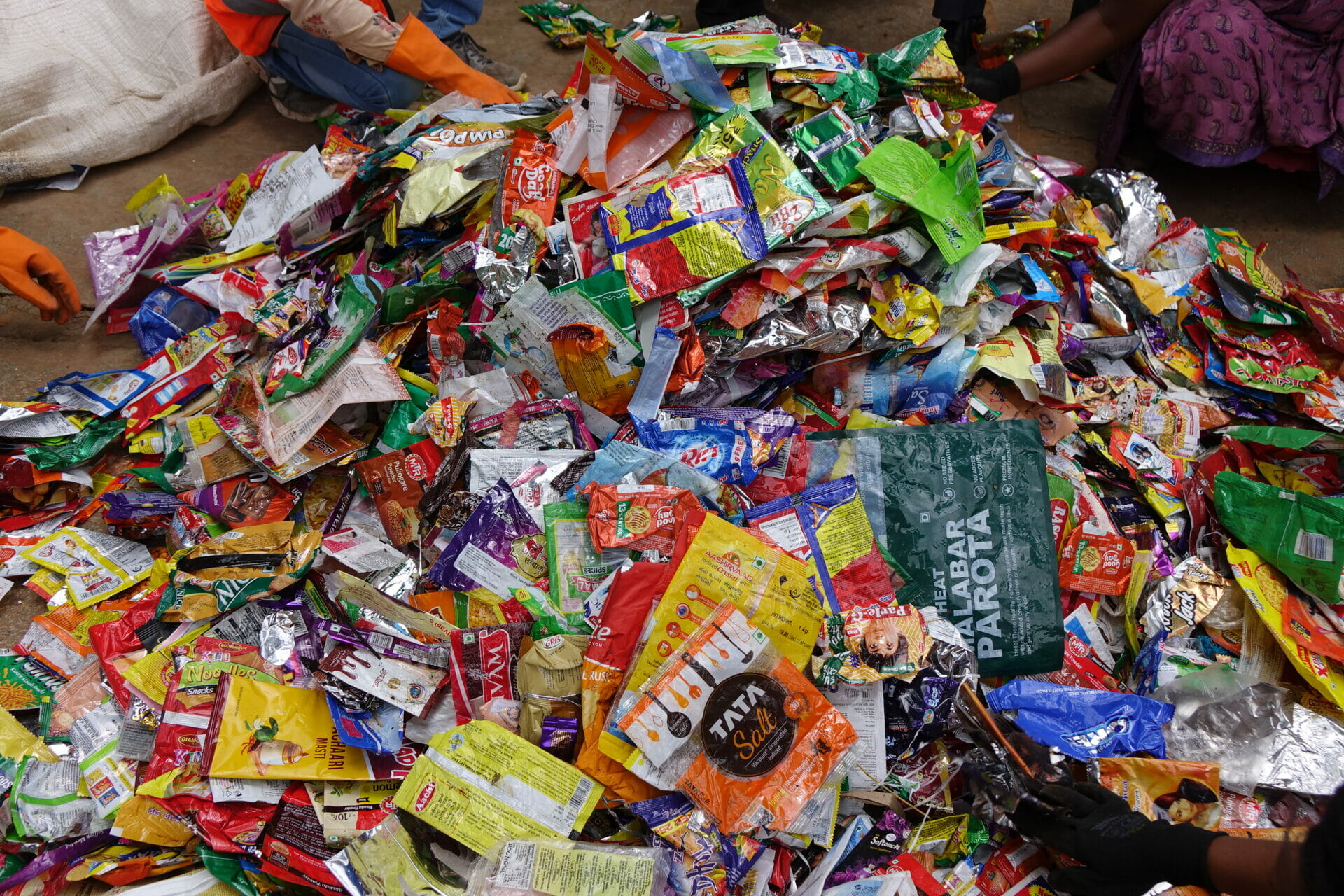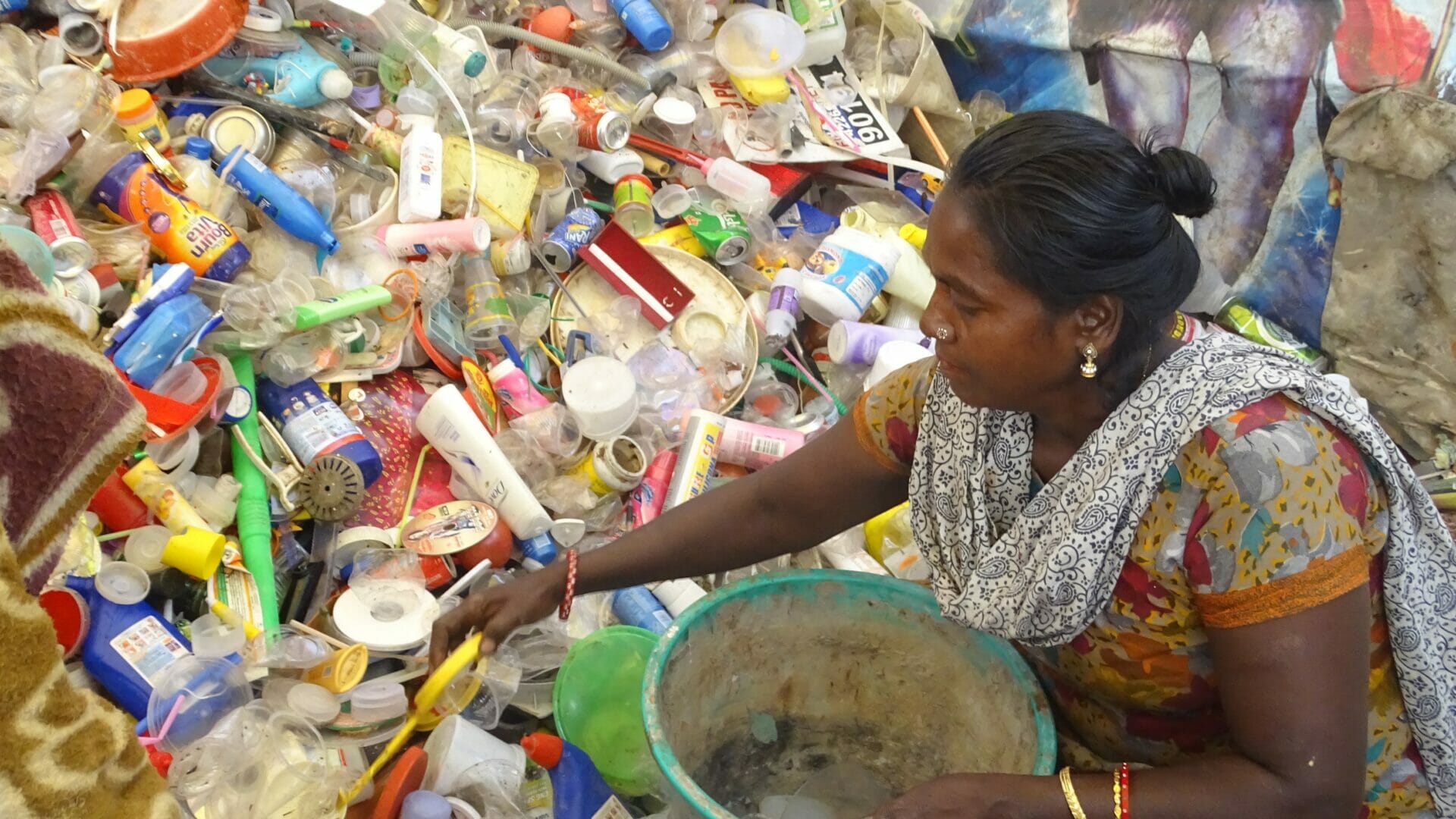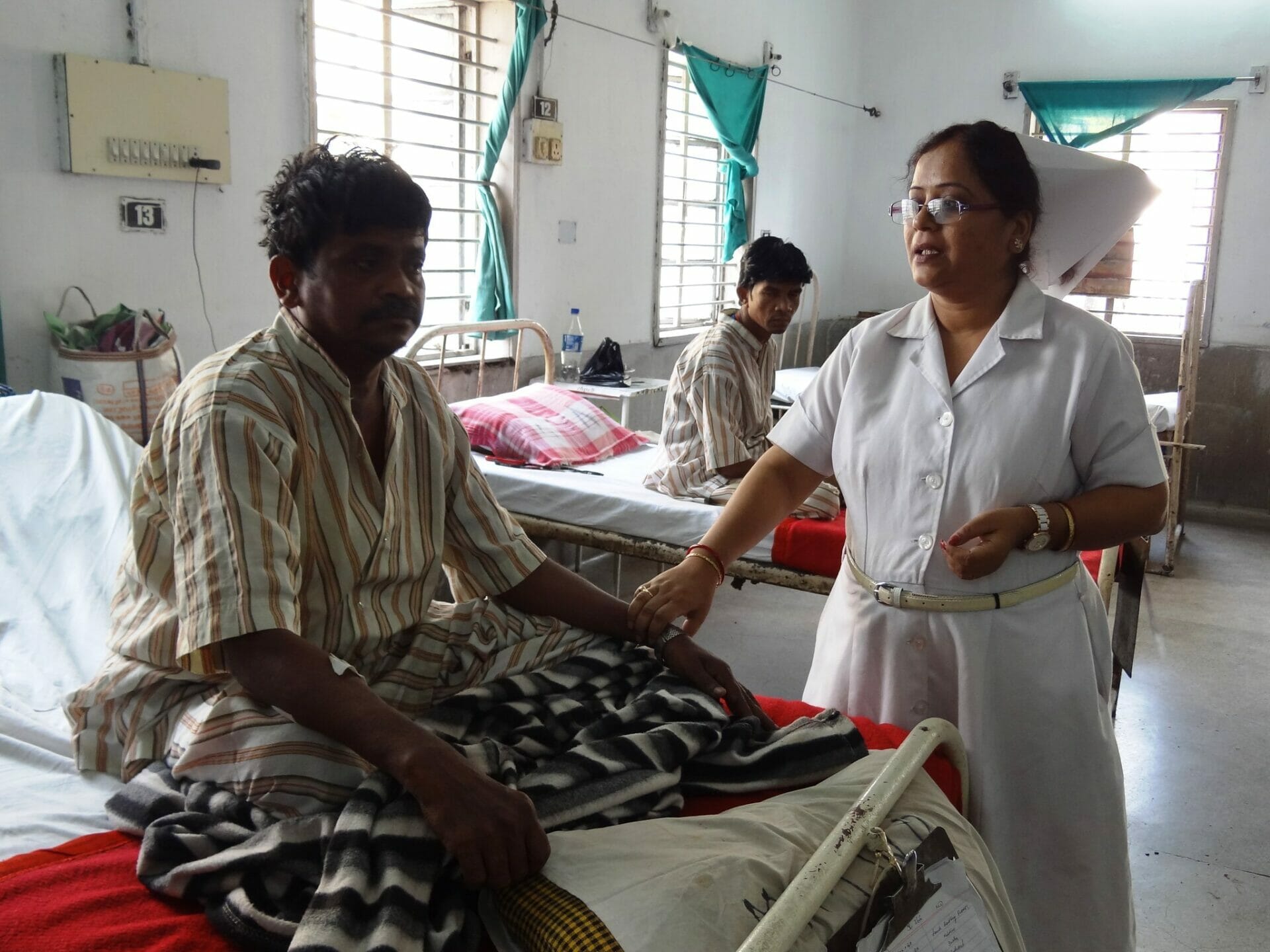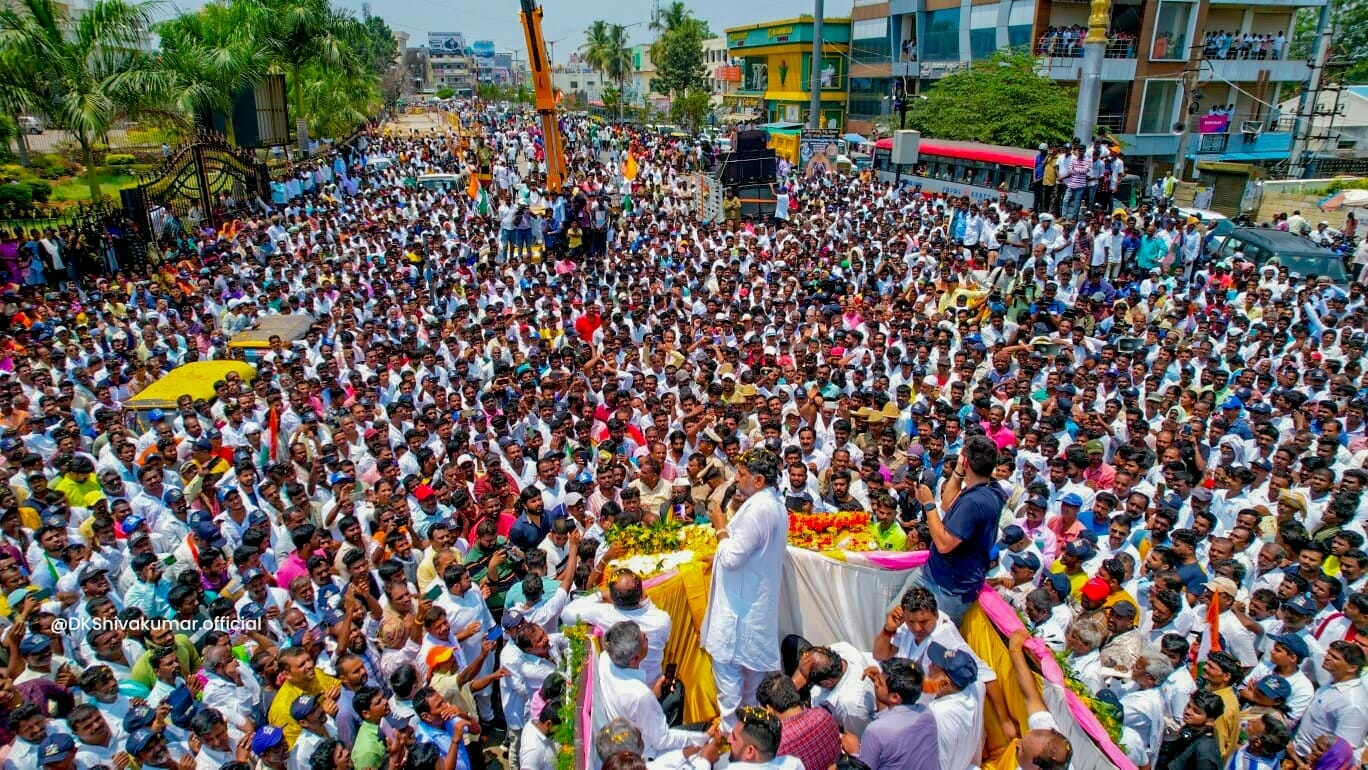Let me start this editorial with an important caveat. It is not, in any way, an argument against welfare schemes for the poor. Well designed and implemented welfare schemes are today more necessary than ever.
My argument here is against the casualness with which such schemes are announced in a public speech as part of a party’s poll campaign strategy. Without the slightest thought given to cost or consequences.
As a reporter, I have many times asked candidates how they intend to fulfil their poll promises. Every candidate gave the same reply: “satta me aane do. Tab dekhengen (let us come to power, then we will see)”.
It is this casualness that has prompted this editorial. Not, I repeat NOT, the welfare schemes or its merits and demerits.
The Karnataka model
India’s electoral politics today has a new formula, called the “Karnataka Model”. The Congress party’s thumping win in the recent assembly elections is being attributed to the five “guarantees” that the party made.
Read more: BMTC needs more support for a sustainable free bus scheme
The key word here is “guarantees” and the magic number seems to be five. Just read the five promises Priyanka Gandhi recently announced at a public speech in Madhya Pradesh, which goes to the polls in a few months.
The key feature of these guarantees is the prefix, “Free”. But that they come with the caveat, “Terms and Conditions Apply”, is not mentioned till the party actually forms the government. When they start to understand the cost and complexities of actually implementing the promise.
Like the promise of free bus travel for women was finally rolled out in Karnataka, but only for women domiciled in Karnataka and carrying a document to prove it.
Since its implementation, media reports indicate that women are enjoying their free commutes in large numbers. But also that the transport corporation lost Rs 8 plus crore in revenue in the week after implementation, with no hint of who or how this shortfall will be made up.
Not learning from the past
My argument was never against the scheme itself. Citizen Matters has published a number of stories which had recommended this. Just that its planning, design and implementation was not thought through fully.
Especially as the Congress has been in power for many years and its leaders, who have been ministers and legislators, understand well the implementation issues of such guarantees. That they ignored their own past experience is obvious by all the new conditions being announced before the roll out of the other schemes.
For instance, the “guarantee” of free 100 units of electricity is mired in procedural, targeting and technical issues though the government says lakhs have registered on the Seva Sindhu app for this.
And the guarantee of allowance to women head of households is stuck at the definition stage of who is to be considered as woman head of the household. The promise of allowance to educated, unemployed youth from poor families, it would seem, has not received much attention so far.

The point I am trying to make is this: Giving the poor more rice per month is a welcome step, to take one example. But at least think where you are going to get the additional rice and at what cost before opening your mouth.
The government has departments, institutions and experts to identify, design and implement welfare schemes for the poor. That is the platform to announce such schemes. Not the poll campaign podium. Especially where national and state resources like electricity and public buses are concerned.
The pitfalls of making promises of welfare schemes a part of poll strategy is to ignore past experience which has shown that it amounts to throwing good money after bad, to fix with band aids a badly designed and implemented scheme. It would probably cost less to start afresh with a better designed scheme.
Read more: For a better Bengaluru: Various solutions discussed at citizens’ meet-up
Anyway, this is not about the Karnataka Congress party’s “free guarantees” and their cost and implementation. But that the idea of such “free guarantees” has suddenly attained national importance as the “Karnataka Model” method to win elections. With competition for such “free guarantees” gaining momentum in states like Madhya Pradesh, Chhattisgarh and Rajasthan which have assembly elections later this year.
What politicians forget is the old truism that there is no such thing as a free lunch. Even what is “guaranteed” as “free” carries a cost which someone has to pay.
For instance, the cost of Karnataka’s “free guarantees” is estimated by some at Rs 50,000 crore per year. With the Congress government only now realising that it does not have the money to implement its “guarantees”.
It’s worth mentioning here that the Congress party in a way pioneered such freebies, starting with their farm loan waiver scheme decades back. The monetary and social cost to the banks from this is still being felt. One indicator being the rising number of wilful defaulting of loans from public sector banks by those who have the means to reply.
The “Karnataka Model”
The ethical issue of should political parties be allowed to make such “guarantees” like free electricity that impacts national resources has been raised before. This issue is now before the Supreme Court.
It’s so easy. Make a promise of free this or that with the sole objective of winning the elections. And since apparently such “free guarantees” has enabled the Congress to return to power in Karnataka, both Congress and BJP ruled states going to the polls in another 3-4 months have decided to follow the same “model”.
This “Karnataka Model” frenzy in assembly poll states needs also to be seen in conjunction with the Lok Sabha polls which will be just about six months away. Which gives BJP’s Lok Sabha polls strategy team a huge carrot and stick advantage in the “guarantees game”.
Rahul Gandhi and co. have a huge hill to climb to counter with their own “guarantees”. The credibility of which will depend on how the “guarantees” already made get implemented in Karnataka.










I wonder if it was politically necessary to make these guarantees. As much as BJP were likely to lose, a win against them by a slender majority is no longer sufficient to ensure stability in any state now.
The guarantees might have been the difference between 115 and 135.
Having said that, the state of a state’s economy should be transparently available for anyone to analyse and see how the govt is doing financially instead of having to be at the helm to understand it, no? Also, a leader who’s presented a dozen budgets would understand how much it would cost the state fiscally. One hopes there are less projects like tunnel roads that help few, and more welfare schemes that benefit more people.